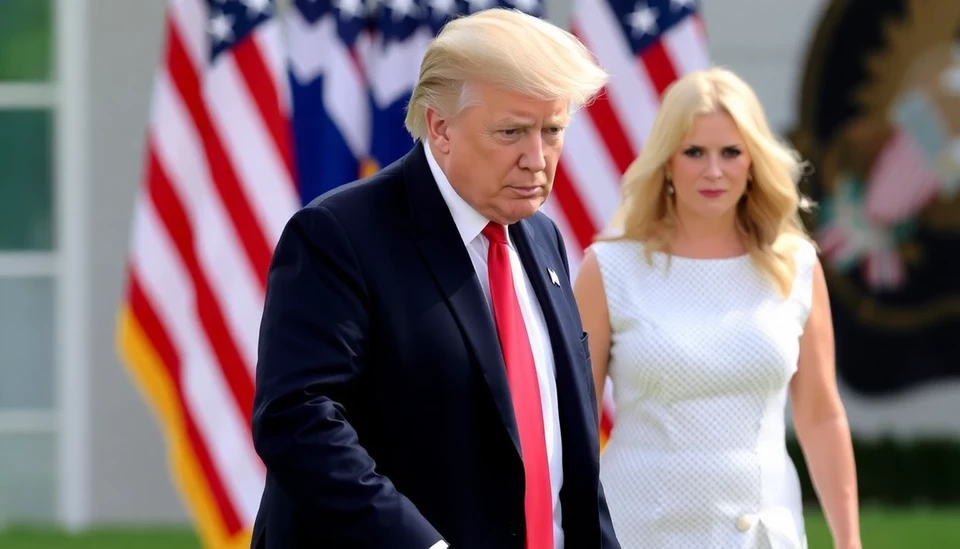
In a significant development for the automotive industry, former President Donald Trump announced a temporary halt to potential reciprocal tariffs aimed at foreign automakers, a decision that could reduce financial strain on the sector. The tariffs, initially threatened in response to European Union levies on U.S. products, had raised concerns among industry leaders about economic repercussions that could follow.
During a recent press briefing, Trump expressed his desire to create a more favorable trading environment for American car manufacturers, emphasizing the importance of sustaining jobs within the industry. The abrupt tariff proposal had already been met with considerable backlash from automakers and trade associations who argued that imposing such tariffs could lead to increased vehicle prices and diminished sales.
Industry executives had been vocal about their fears surrounding tariff impositions, which they argued would negatively impact their competitive edge against international firms. In particular, the automobile sector, which relies heavily on global supply chains, was looking at potential disruptions that could arise from retaliatory measures. Notably, companies like Ford, General Motors, and Tesla were particularly concerned about how new tariffs might affect their manufacturing and sales operations both domestically and abroad.
Trump’s move is being seen as a tactical shift aimed at bolstering support from the automotive community in light of the upcoming elections. Political analysts suggest that by easing tariff tensions, Trump may be looking to solidify his base of support in the Midwest, a region heavily dependent on the automotive industry.
In response to the announcement, automotive industry leaders cautiously welcomed the news. Many expressed hope that the administration would pursue policies that promote trade, rather than hinder it, and provide a more stable environment for car manufacturers to thrive. The decision reflects a growing recognition of the vital role the automotive industry plays in the U.S. economy.
Looking forward, industry experts are urging the Biden administration to pursue a more comprehensive trade strategy that balances American interests with necessary competitive practices in the global marketplace. They advocate for careful negotiation with allies to prevent the introduction of tariffs that could stifle industry growth.
The development highlights a crucial moment in U.S. trade policy, emphasizing the ongoing debate around tariffs and their broader implications on the economy. As the automotive industry continues to navigate these changing dynamics, stakeholders remain alert to potential new measures that could impact their operations in the near future.
The auto industry is a prominent part of the American labor force, employing millions across manufacturing, sales, and service sectors. With the evolving landscape of trade policy, companies will be keen to stay informed about future government actions that could either benefit or hinder their operations.
As the situation develops, all eyes will be on new trade agreements and discussions that could arise, marking a pivotal point for the American automotive landscape.
Stay tuned for updates on this story as it unfolds and impacts the future of the car industry.
#Trump #Tariffs #Automakers #TradePolicy #USEconomy #AutomotiveIndustry #GlobalTrade #EconomicImpact
Author: Samuel Brooks




